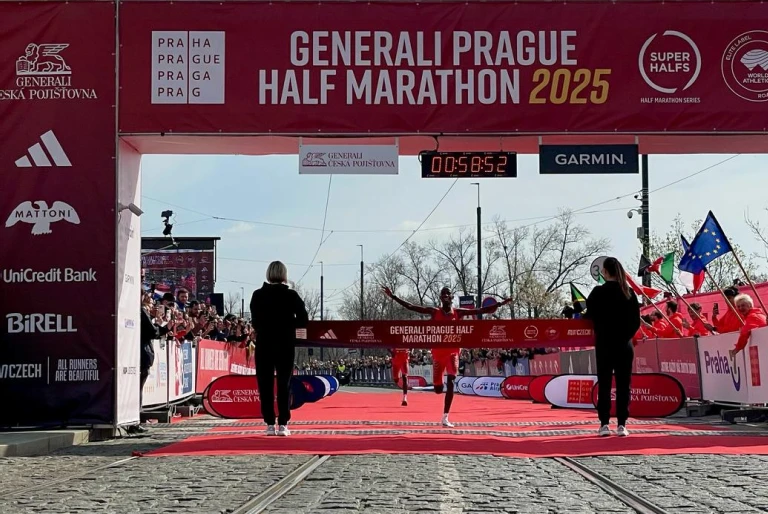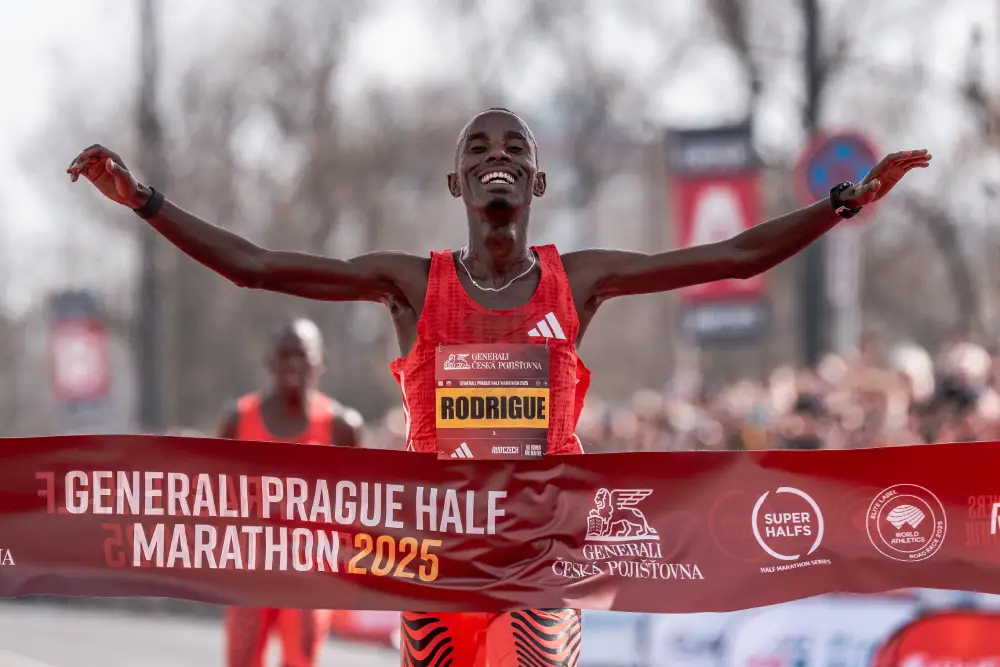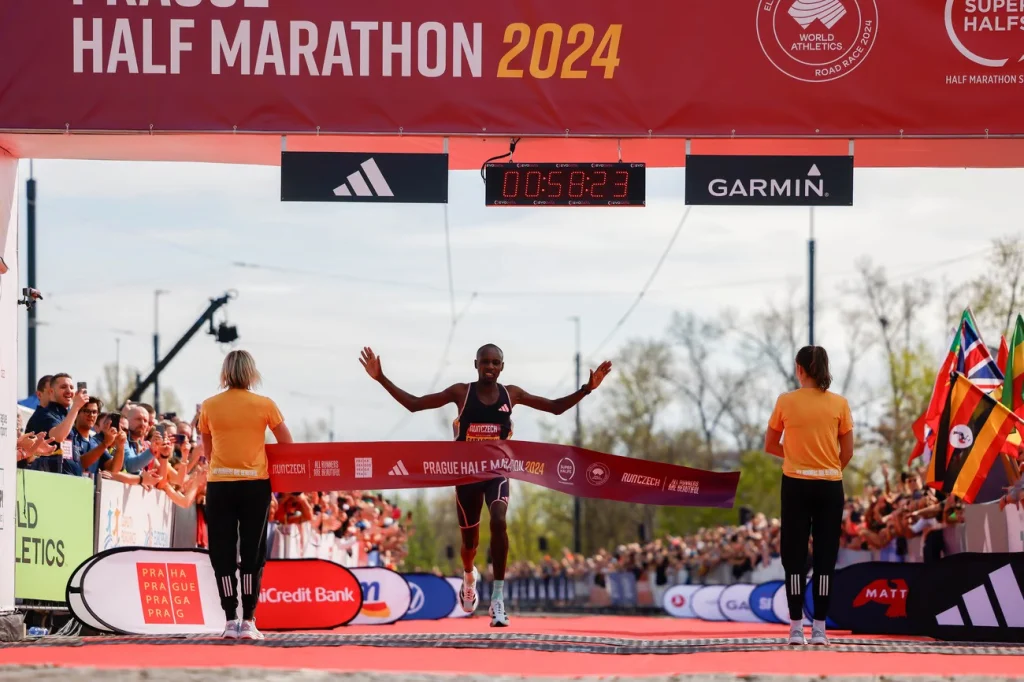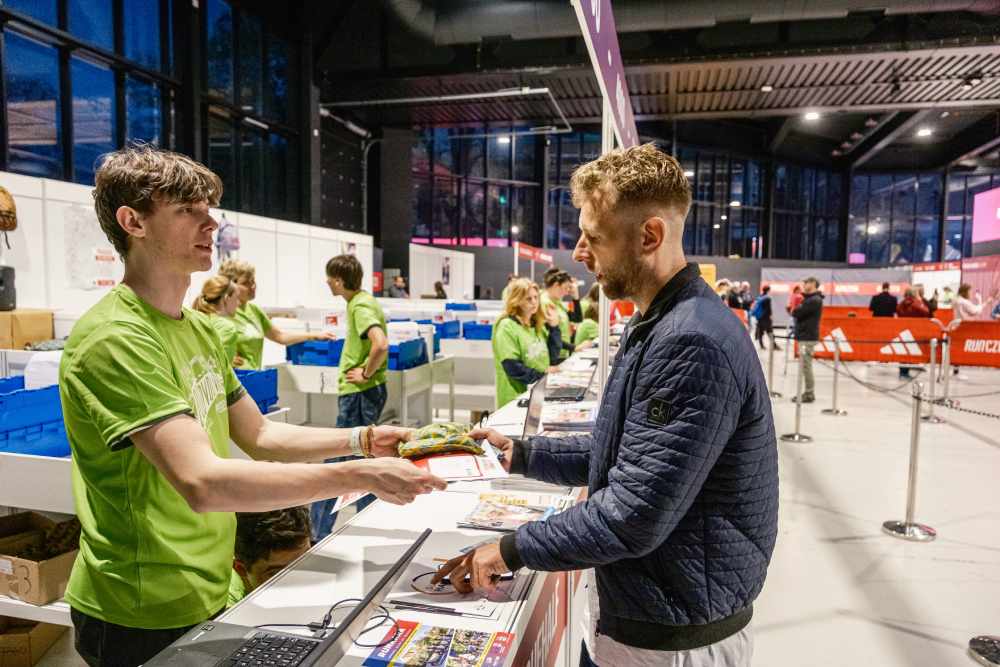Running as an activity, says Carlo Capalbo, will never die. As a sport, however, he believes it is facing big challenges. That’s what keeps him up at night. The passionate Neapolitan has long found himself under running’s spell and is now a key figure in the world of road racing. He is the founder and head of RunCzech, a Prague-based organization which organizes and stages a range of major international running events but also, under Capalbo’s motto of “All Runners are Beautiful”, aims to connect and grow running communities. It’s that key element of connection where he believes the real issue lies. His chief concern is that there is nothing of substance tying the recreational participant in the pack to the elite athlete on the front line.
“In the long term, if we fail to bring the front of the race closer to the back of the race, we risk losing the masses,” he says. “We lose the spectators, but as a consequence we also lose the fans who then want to take part in the races. If we fail to bring champions closer to amateur runners and communities, we risk the interest in endurance sport disappearing.” Capalbo is less interested in the recent runaway successes of athletes such as marathon world record-holders Tigst Assefa and Kelvin Kiptum but more in creating a level of investment which ripples right through every runner that toes the start line. Something that provides them with greater purpose and keeps them coming back for more.
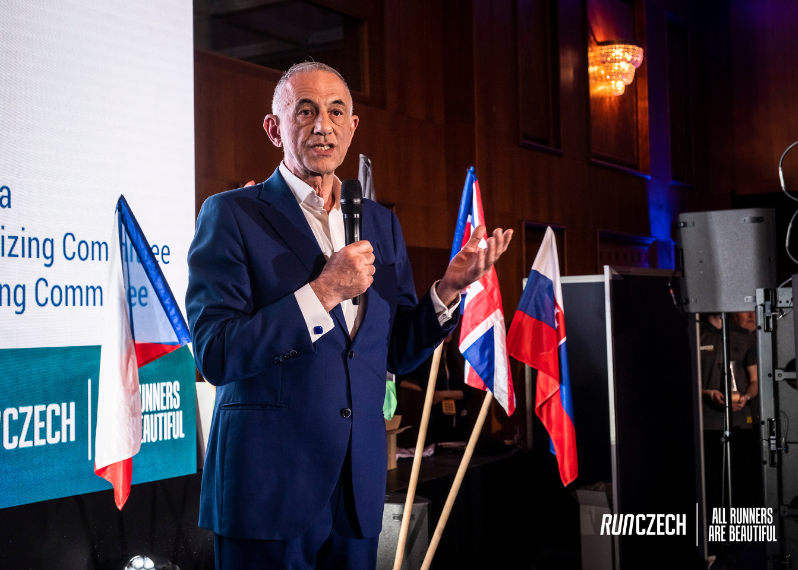
“On the day of the Chicago Marathon [when Kiptum broke the world record] I was in Ankara, with an English friend, and we were watching a football match on TV but we had images of the marathon on our smartphones.
“Despite Kiptum’s record, which was great, the marathon took a back seat, because seeing the second athlete arriving four minutes later killed the show. The fact is that we need to make the sport more watchable and identify recognisable champions. “If we want to be successful we need to think about the many amateur runners who show up at the starting line. We need to offer them something that gives them a greater purpose, important stimuli and makes them come back to compete to always improve.”
Whether it’s his EuroHeroes project, designed to help develop and raise the profile of European athletes (creating more local heroes, in other words) or bringing a team element to marathon
running which allows every single level of ability to work together towards a common goal, Capalbo is determined not to stand still. If he does, he fears interest levels will only go one way and that running will be consigned to becoming a “medical product”, used largely for wellbeing rather than pushing personal limits.
“Running is still something that unites people”
“In a world that is becoming so polarized, running is still something that unites people,” he says. “And it is still a platform where you can see a boy who’s 16 years old and a lady of 76 run in the same event. But what we are missing is some adrenalin to help capture some attention. We are missing that connection with the elite athletes.
“If the sport does not go through changes, I think that people are going to lose interest more and more. Maybe we’ll be successful in the number of people who still run but it will become more of a medical product, for wellbeing or tackling issues like obesity.
“We need to take a little bit more care with the sport and we need to create more new platforms because the communities around the sport have started to change.”
Can running be a team sport?
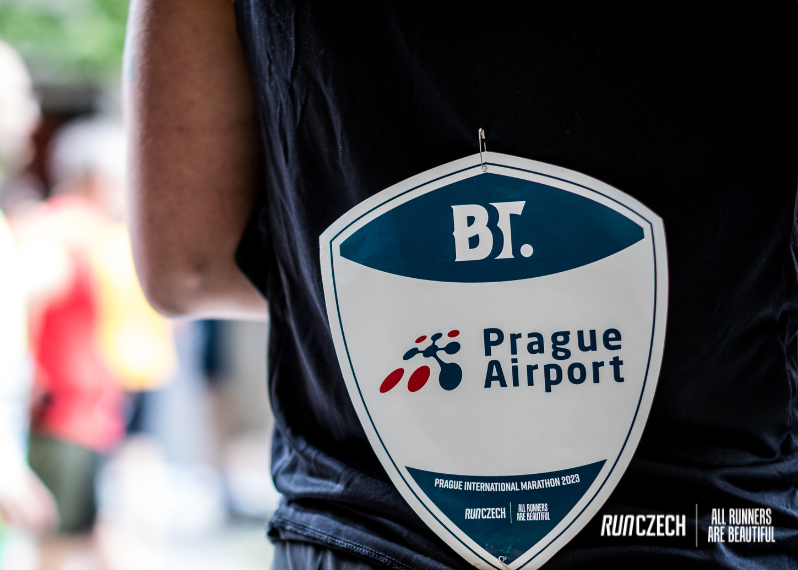
This will be at the heart of RunCzech’s thinking as they look towards 2024. Turning running into a team sport wherever possible is a big part of that and the aforementioned Battle of the Teams concept has become an integral aspect of the Prague Marathon, which will be staged in early May. The format is simple – every entrant can select one of five teams to join. Each team consists of four pro athletes, plus runners from the masses who have signed up. The team then receives points according to each member’s finish time based on a RunCzech running league algorithm and the World Athletics scoring tables.
In short, every runner is able to contribute to the ultimate team result. That team aspect has also been in evidence for RunCzech events such as the Prague RelayRunning Festival, as well as the Junior Marathon Championships.
Providing something a little different, an extra reason to get involved, is crucial, adds Capalbo. “Engage with people,” he says. “They will dedicate you a few seconds and if you fail in those seconds then you’ve lost the chance to engage them.”
SuperHalfs – a super half marathon series
It’s why the ideas keep coming. Capalbo is also the driving force behind the Superhalfs initiative, which was launched in 2019 and takes on the challenge of completing half marathons across Lisbon, Prague, Berlin, Copenhagen, Cardiff and Valencia. Part of his mission is to help runners across the spectrum of abilities – and the elites are very much included in that. Given the dominance of African athletes in distance running, EuroHeroes, run in conjunction with European Athletics, was created with the aim of making European athletes more competitive on the world stage – as well as generating a fanbase for local and regional runners.
Four half marathons on the RunCzech schedule are designated as EuroHeroes events and feature only European athletes. The 2023 edition of the project involved 50 elite athletes (six of whom are Olympians) from 16 different nations. Competitors need to compete in at least two of the EuroHeroes races and are awarded points. The sum of the two best performances gives the final ranking and the honors this year went to Germany’s Sebastian Hendel and Czech athlete Tereza Hrochova.
For those watching rather than running, the digital streaming services for these races are also developing to make watching the sport easier, more immersive and user-friendly. The world is changing and, as Capalbo says, the sport needs to change with it.
As seen on AthleticsWeekly.com
Website: https://www.runczech.com
Social Media : Instagram, Facebook,LinkedIn, Twitter, YouTube

